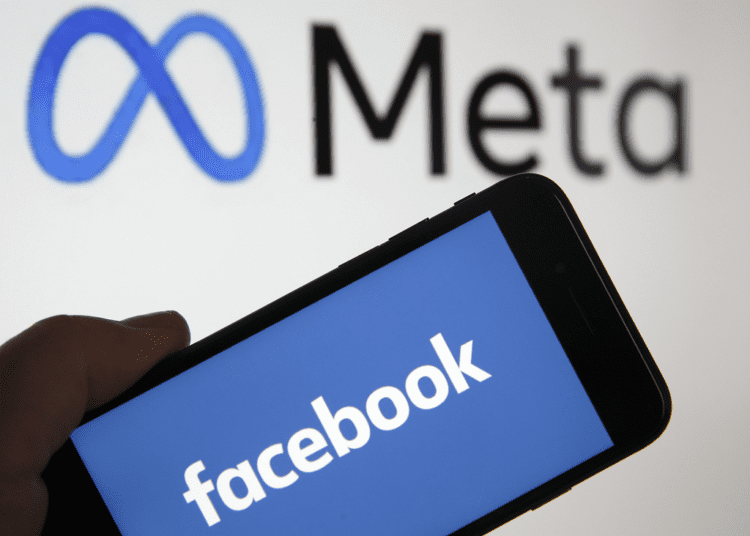LONDON – Russia opened a criminal case against Facebook’s parent Meta Platforms on Friday and moved to designate it as an “extremist organisation” after the social network changed its hate speech rules to allow users to call for violence against Russians in the context of the conflict in Ukraine.
“A criminal case has been initiated .. in connection with illegal calls for murder and violence against citizens of the Russian Federation by employees of the American company Meta, which owns the social networks Facebook and Instagram,” Russia’s Investigative Committee said.
The committee reports directly to President Vladimir Putin. It was not immediately clear what the consequences of the criminal case might be.
No comment was immediately available from Meta in response to a Reuters request.
Two weeks into Russia’s war in Ukraine, a Meta spokesperson said on Thursday the company had temporarily eased its rules for political speech, allowing posts such as “death to the Russian invaders”, although it would not allow calls for violence against Russian civilians.
Meta said the temporary change aimed to allow for forms of political expression that would normally violate its rules. Its oversight board said on Friday that it was closely following the war in Ukraine, and how Meta is responding.
The Russian state prosecutor’s office said: “Such actions of the company’s management not only form an idea that terrorist activity is permissible, but are aimed at inciting hatred and enmity towards the citizens of the Russian Federation.”
The prosecutor’s office said it had applied to a court to recognise Meta as an extremist organisation and prohibit its activities in Russia.
Internal Meta emails seen by Reuters showed the US company had temporarily allowed posts that call for the death of Putin or Belarusian President Alexander Lukashenko.
“We hope it is not true because if it is true then it will mean that there will have to be the most decisive measures to end the activities of this company,” Kremlin spokesman Dmitry Peskov said.
The United Nations human rights office said the potential change in Facebook policy was “concerning”.






Discussion about this post